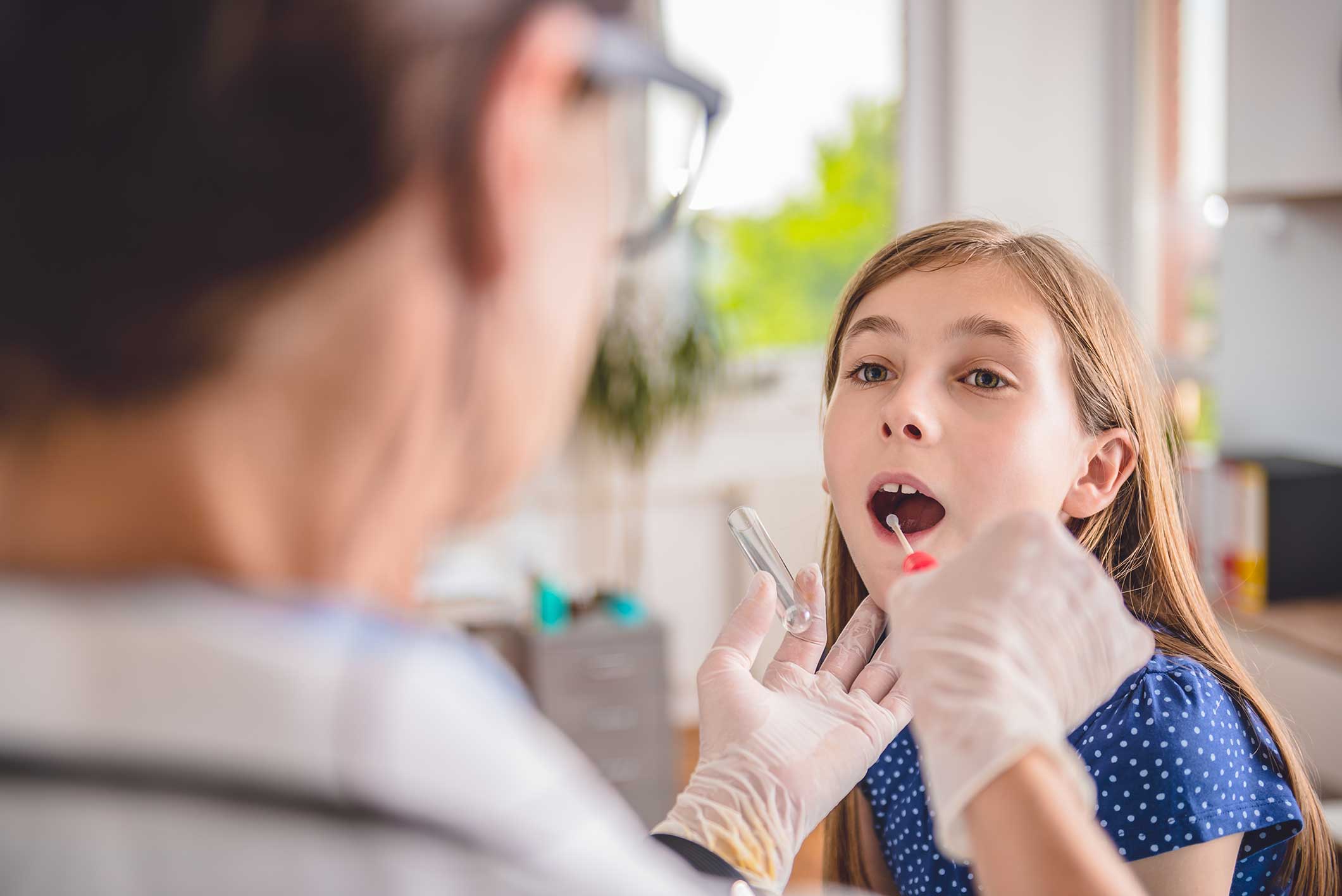
Vocal Cord Dysfunction
Do you wheeze, even though you don’t have asthma? Is your voice hoarse, or worse, totally gone? Vocal cord dysfunction, or the abnormal closure or paralysis of your vocal cords, can come on strong and make it difficult to breathe much less speak. Sadly, while vocal cord dysfunction is often confused for asthma, asthma medications won’t help.
What Causes Vocal Cord Dysfunction and Paralysis?

Vocal Cord Dysfunction Treatments
Vocal Cord Polyps
Having trouble with your voice? It could be vocal cord polyps!
Vocal cord polyps, which are small growths on the delicate vocal cords, can wreak havoc on your ability to speak and sing harmoniously. Common symptoms of polyps include hoarseness, a rough or raspy voice, and pain or discomfort when speaking or singing. We will likely recommend a laryngoscopy, a procedure that allows them to examine your vocal cords closely. If we discover polyps, the treatment options may include voice therapy to reduce strain on your vocal cords, or in severe cases, surgical removal of the polyps. Early intervention and vocal rest are essential to prevent further damage and restore your voice to its full potential. If you suspect vocal cord polyps are affecting your voice, come see us today.
Vocal Cord Nodes
Having trouble singing like you usually do? It could be vocal cord nodules!
Vocal cord nodes, also known as vocal cord nodules, are another common challenge for those who rely on their voices. These small, benign bumps or growths typically form on the vocal cords due to vocal misuse or overuse. Vocal cord nodes often create symptoms like persistent hoarseness, a scratchy or breathy voice, and difficulty hitting higher notes that you were once able to sing.
If you suspect you have vocal cord nodes, it’s vital to get them checked out. We’ll first check your vocal cords with a laryngoscope. If we find them, we will recommend voice therapy to improve vocal techniques and reduce strain on the cords. In many cases, rest and vocal hygiene practices are enough to heal your voice. However, in more severe instances, surgery may be considered. If you suspect vocal cord nodes, it’s important that you treat them early to prevent permanent vocal damage. Schedule an appointment now!